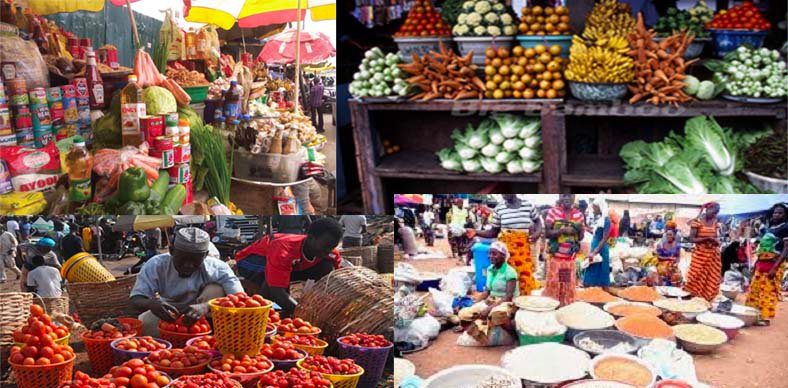The Federal Government has projected an average of N120tn as consumption expenditure by Nigerians on which value-added tax will be charged between 2023 and 2025.
This is according to the Medium Term Expenditure Framework and Fiscal strategy paper developed by the Ministry of Finance, Budget and National Planning.
According to the report, consumption expenditure on which VAT will be charged will likely increase from an average of N35tn in 2023 to N40tn in 2024 and N45tn in 2025 after adjusting for exemptions, zero-rated items, and companies whose turnover falls below the N25m threshold. This means that the consumption expenditure in the three-year period will stand at N120tn.
“There is nothing wrong if consumption is increasing, especially if we are also producing. The truth is that consumption might increase because most of it is imported goods. Otherwise, consumption is of two types: Household consumption and government consumption, which is made up of consumption for salary payment and consumption of capital goods.
“If capital goods are the consumption expenditure being projected, then it is good because that means the government is paying for capital projects.”
Ekpo explained that Nigeria was an import-based country and a possible increment in consumption might also mean trouble for the economy.
“But if the consumption is for goods which I suspect, then the constant increase will be bad for the economy. We need to produce and consume what we produce domestically.
“Nigeria is a consuming economy and projecting the increment is not good for the economy. We should lay more emphasis on production.”












































